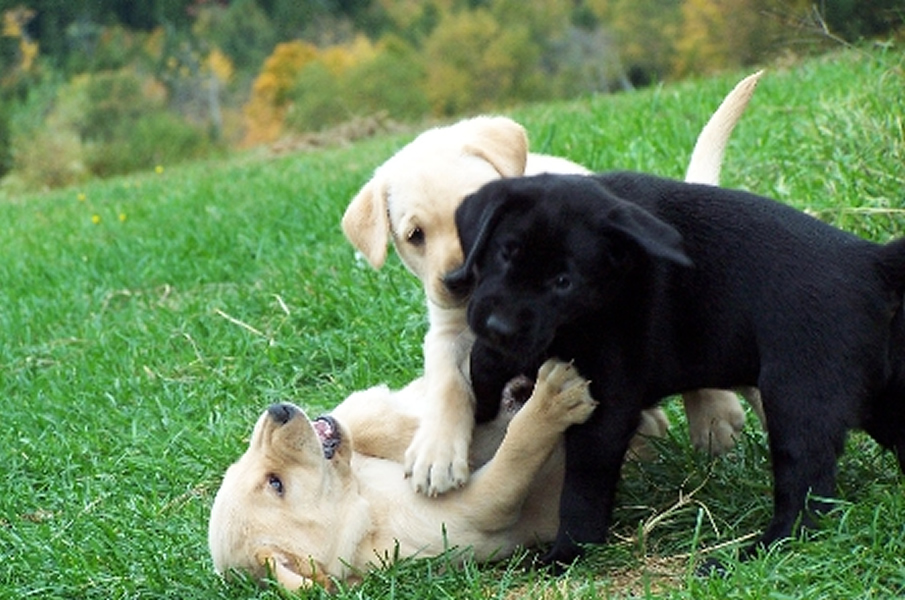
There are many theories on how to find a puppy (or a started dog.) Understand that there are no 100% guarantees that over time the dog you acquire will be healthy or perform to your level of expectations . Give yourself the best chance for success by finding a quality breeder and you raise the odds on good health. You maintain the good odds on your dog’s health by how you care for and condition him. Performance is something you ultimately have control over through a commitment to proper training.
Before you start your search, get as much background information as you can on Labs in general. Learn the difference between show dogs and field dogs. Research English Labs, pointing Labs and everything else about Labs that you can find. The more you know, the better prepared you will be to make the choices that meet your needs and wants; and you will have fewer regrets down the proverbial road.
You can be as micro or macro in your search as you want but be mindful that hopefully you will have this dog for the next 10-14 years. That’s a long time to live with the wrong choice. Giving yourself the best chance of success starts with research. Research can be fun or it can be daunting. Get into it and enjoy both the journey and the reward.
Thorough research takes time and the dog you want may or may not be available exactly when you want him. Create a best case scenario wish list. Prioritize it because you will likely have to make some compromises. When an available dog let’s you check off as many items on your wish list as possible, be prepared to take that dog home. If that puppy is due in a litter still on its way, be prepared to make your deposit. You can’t control timing so be flexible and ready to act.
In this website, you’re going to often read and hear the question, “How good is good enough?” If this is your first dog, talk to as many people as possible who have experience doing what you hope to do with your dog and get their input on what you should look for.
To me, the best chance for success starts with pedigree/genetics. That’s why I avoid puppy stores like skunks in a bird covert. A pound dog may be a great humanitarian endeavor but don’t expect him to be a good hunting dog. You might get lucky with backyard breeders; folks who raise a litter for fun. I did that with our first lab but would never do it again for a variety of reasons that I only came to realize after getting more experience. That’s why it’s good to ‘go to school’ on friends and pros who you can trust. I would also avoid, “Hey Frank, I know a guy who just had a litter of puppies – cute as buttons. Want one?”
That leaves professional or at least ‘very into it’ breeders; those who have several litters yearly depending on how many dogs they own. They don’t have to run whoop-de-doo mega kennels; they just need to have a quality program with genetics being a top concern. This is serious business to them and they are your best chance for success.
Seek and ye shall find. Be haphazard and ye shall settle.